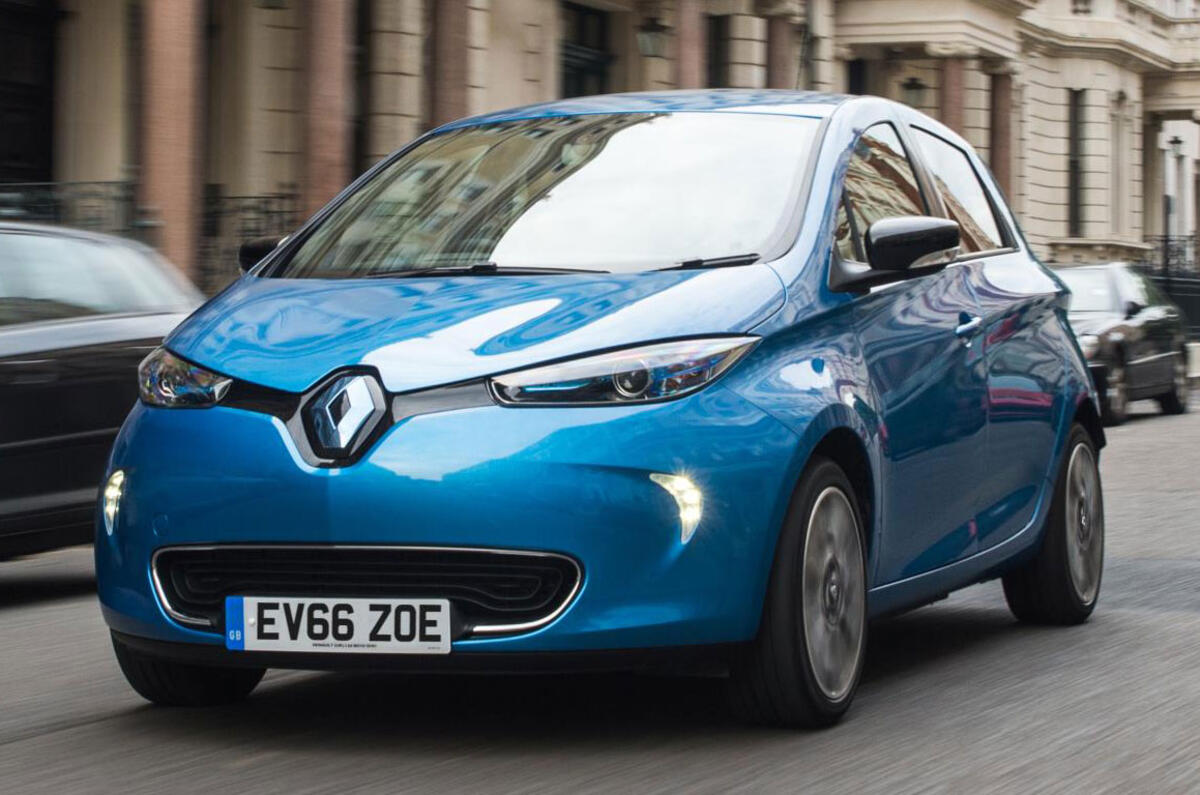Renault has made another step towards offering a full ecosystem of services around electric cars by investing in a fast-growing smart charging company.
The French car maker has acquired 25% of Jedlix, a two-year-old start-up based in the Netherlands, to integrate its innovative sustainable charging technology into the ownership experience of electric vehicles, of which Renault is Europe's leading producer.
The technology is able to intelligently manage the flow of energy to and from a car’s batteries when it is plugged into a wall charger, taking energy during the cheapest and most sustainable hours, such as when renewable energy supply is at its peak.
During less efficient hours, the technology can restrict or even halt supply, depending on when the car is needed for use next. It knows this thanks to the use of an app called called Z.E Smart Charge, which Renault has just launched with Jedlix, that will control the flow of energy so the car reaches a specified minimum charge by a certain time.
Renault’s senior vice president of electric vehicles, Gilles Normand said Jedlix's technology will enable Renault to "provide new services to make charging – and thus the use of electric vehicles – even more easy and affordable". It will also expand Renault's reach in the EV market further, as the brand bids to prepare itself for what industry experts say is a fast approaching EV 'tipping point'.
Ruben Benders, managing director of Jedlix added that Renault's investment in the company will ensure faster growth across Europe "to create the best possible smart charging service".
Renault’s part-acquisition of Jedlix follows the launch of an all-new brand called Renault Energy Services. The company, itself described by the car maker as “like a start-up”, will invest in projects that boost the uptake of smart vehicle charging for electric cars, harnessing their ability to contribute to the electricity grid.
The plans come alongside £8.9 billion worth of investment from the wider Renault-Nissan-Mitsubishi Alliance into electric and autonomous cars, with each company set to share technology and knowledge in a bid to ramp up the pace of progress and increase economies of scale. The group's so-called Alliance 2022 plan targets the sale of nine million of these new cars by 2022.
More content:
Dyson electric car to reach production by 2020





Join the debate
Add your comment
Agreed
Seems crazy to me too. If you don't have standards at the start you'll never get round to it.
Logistics